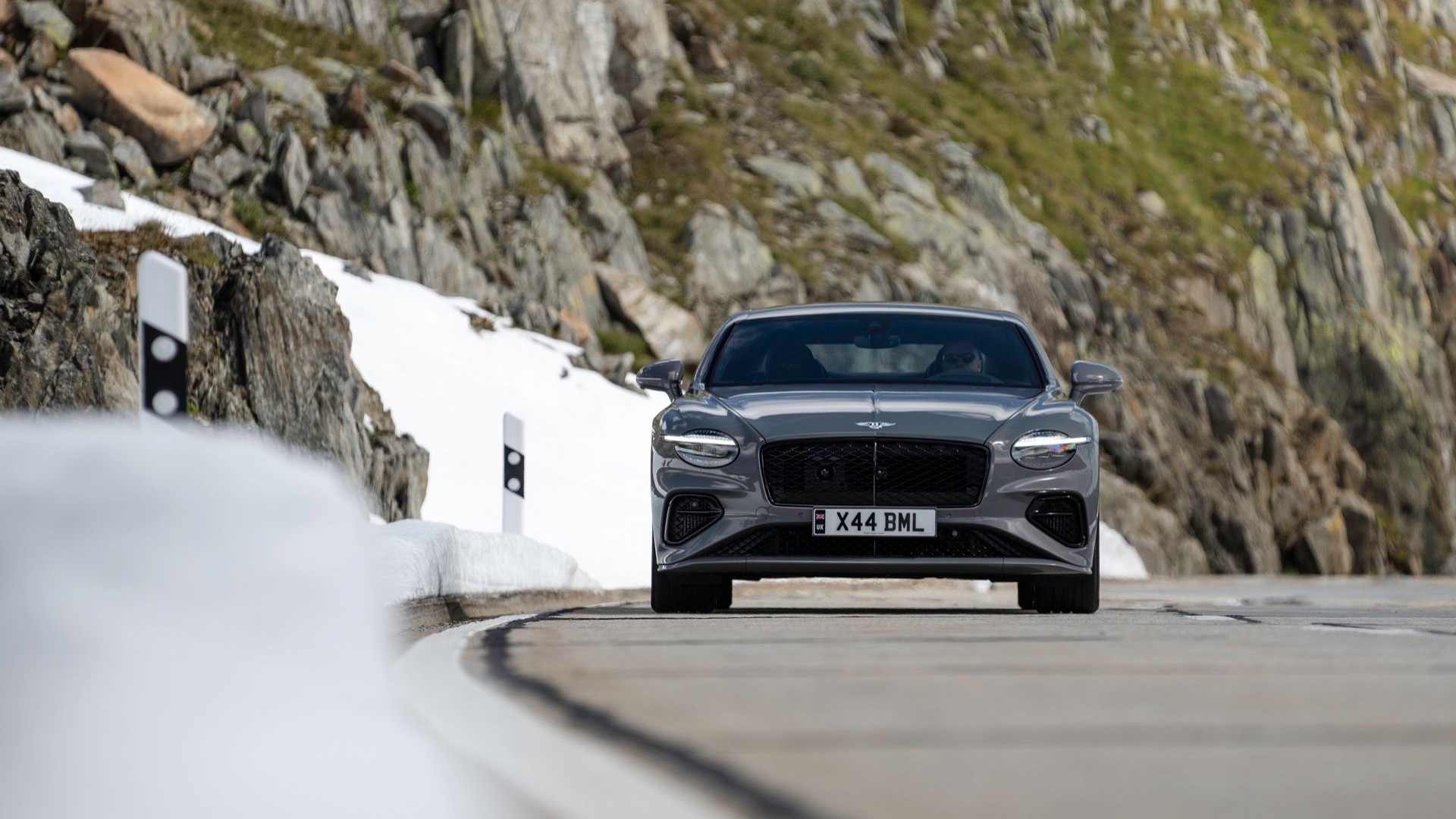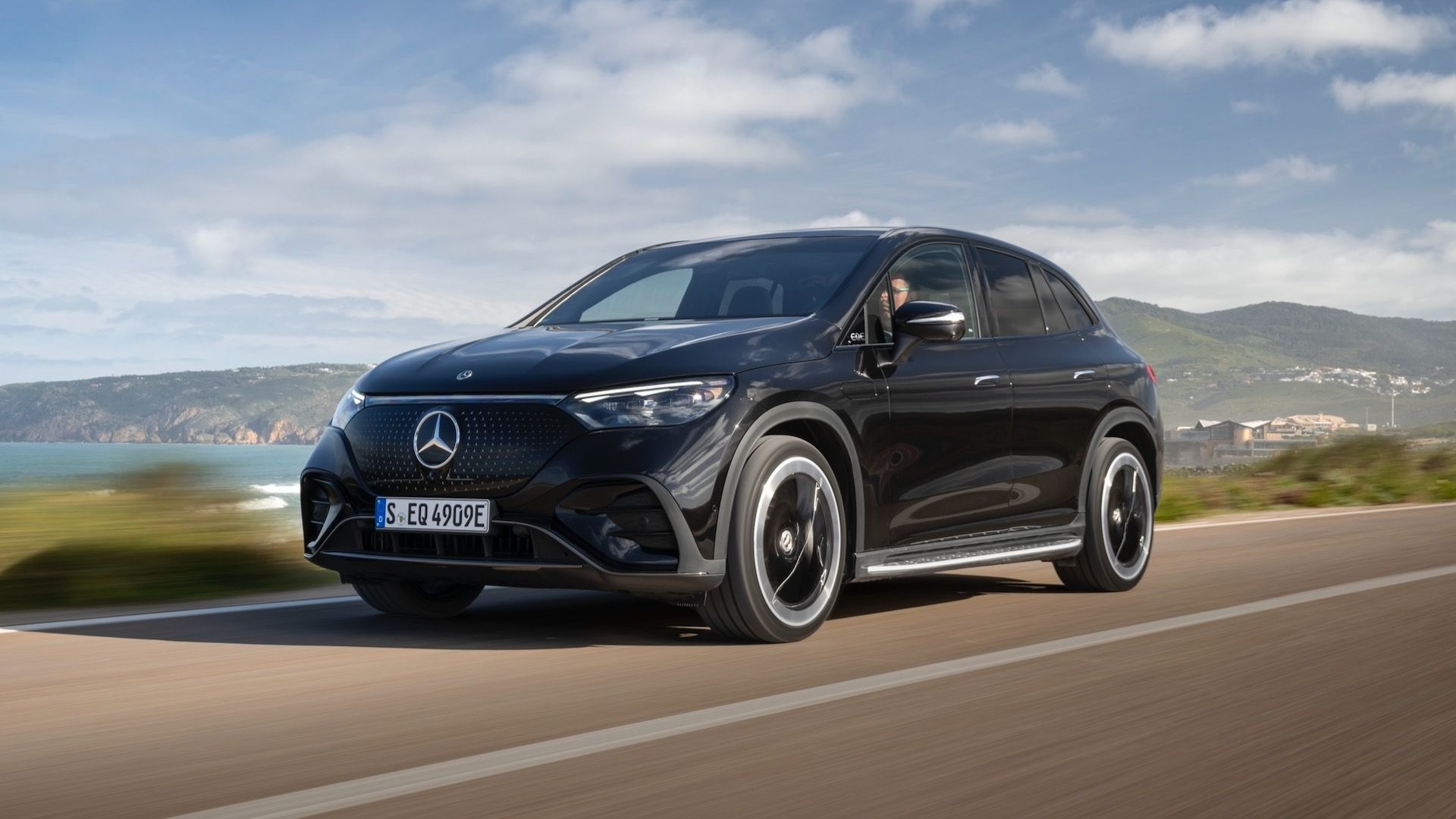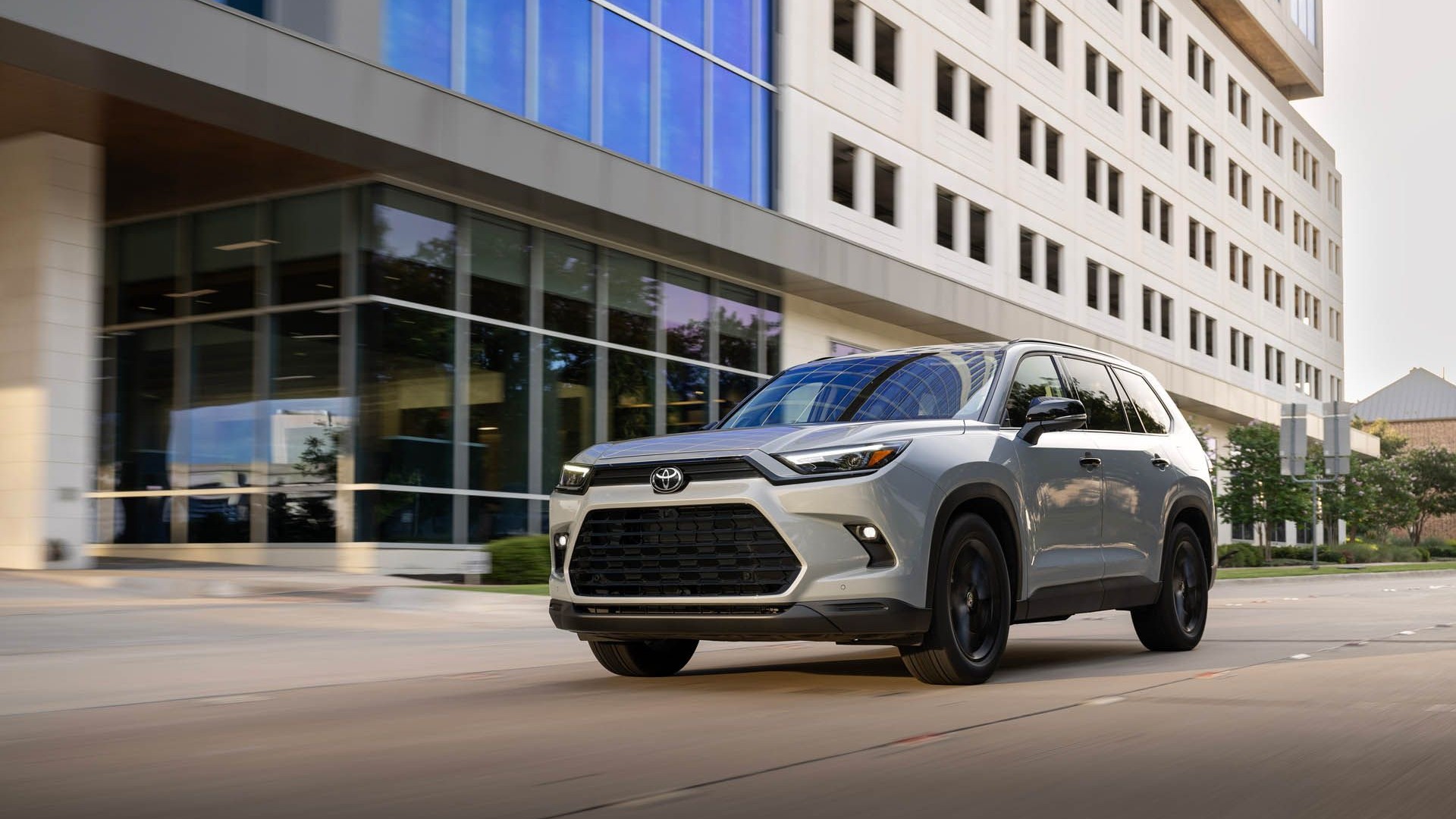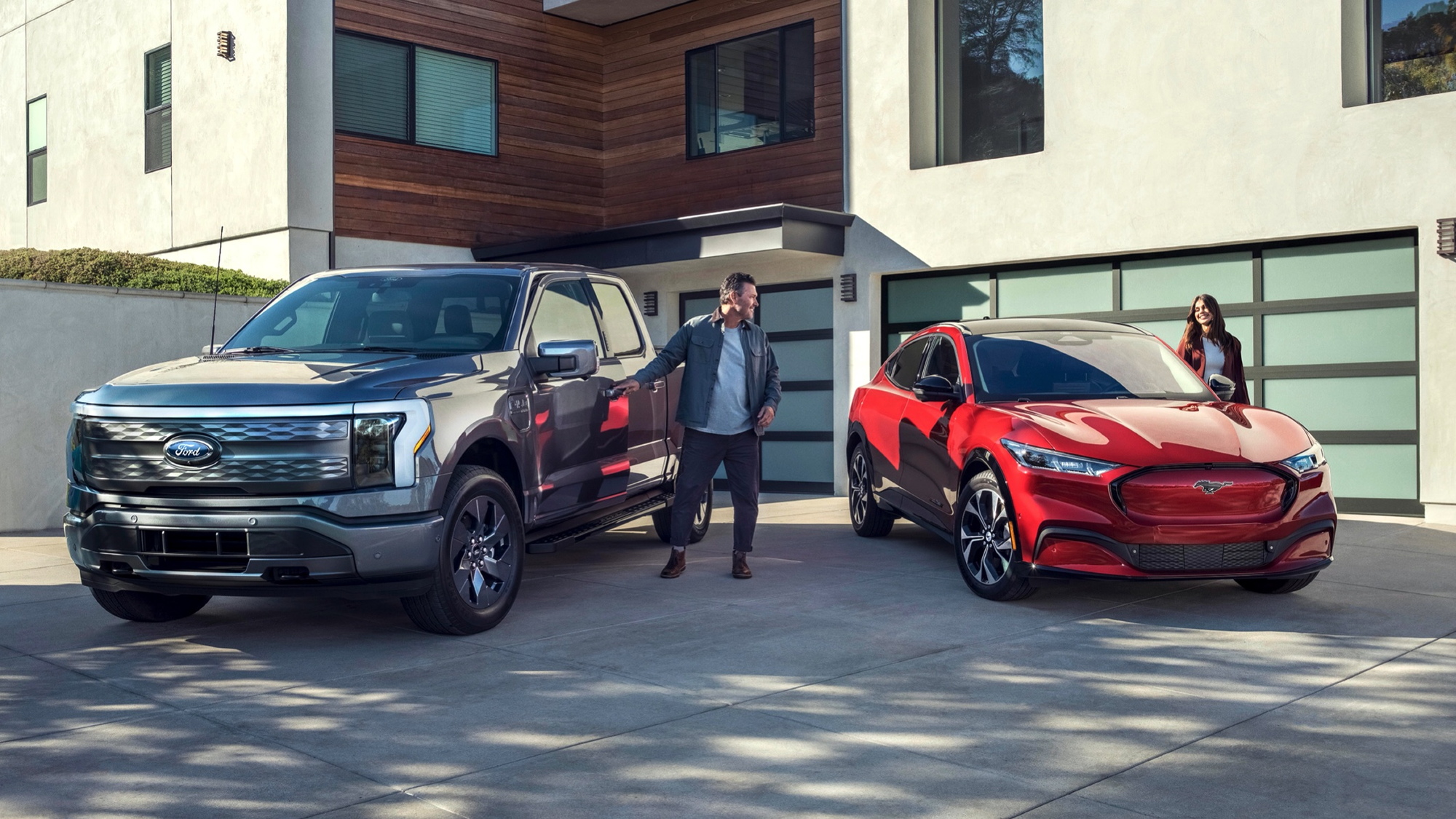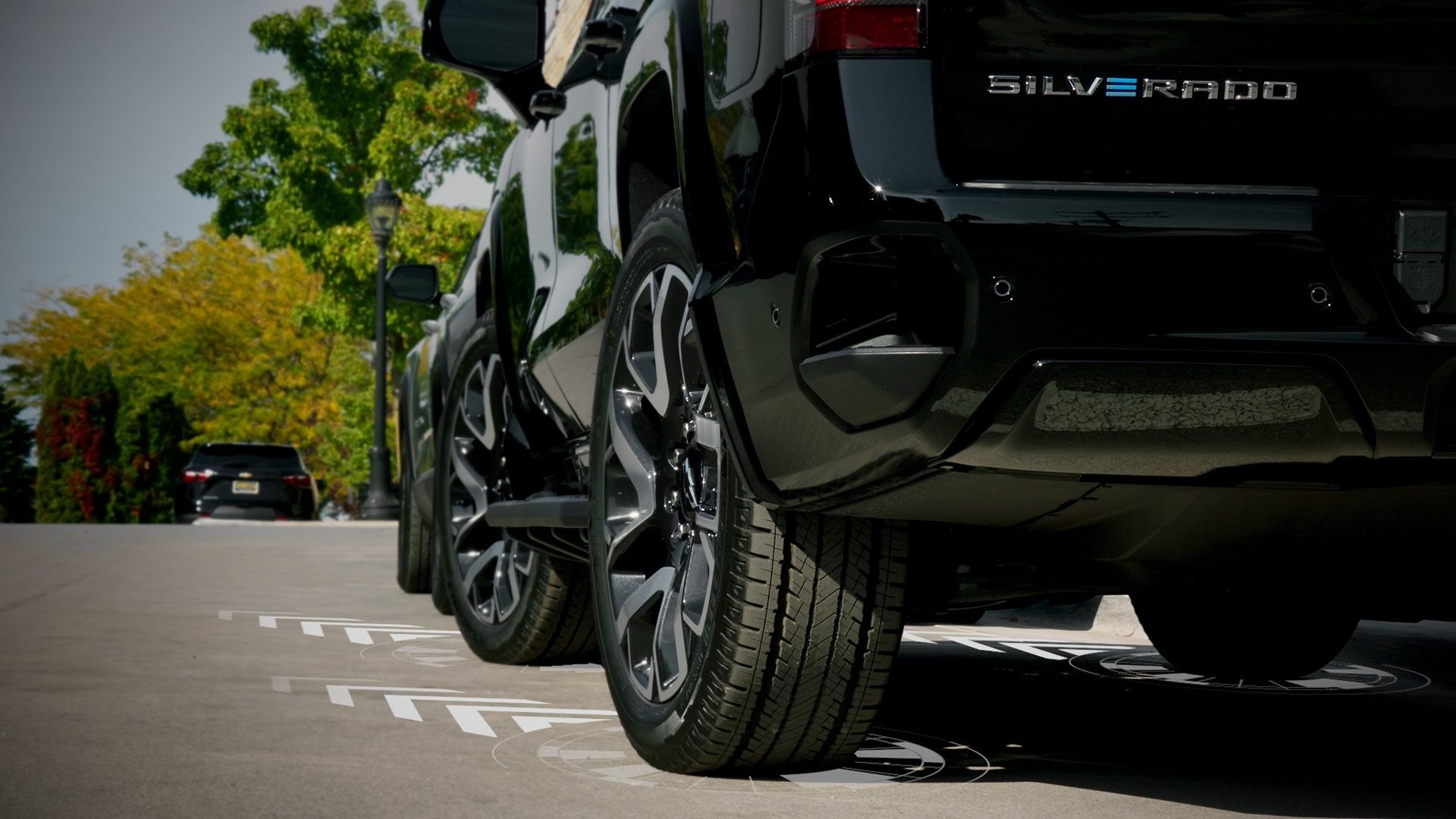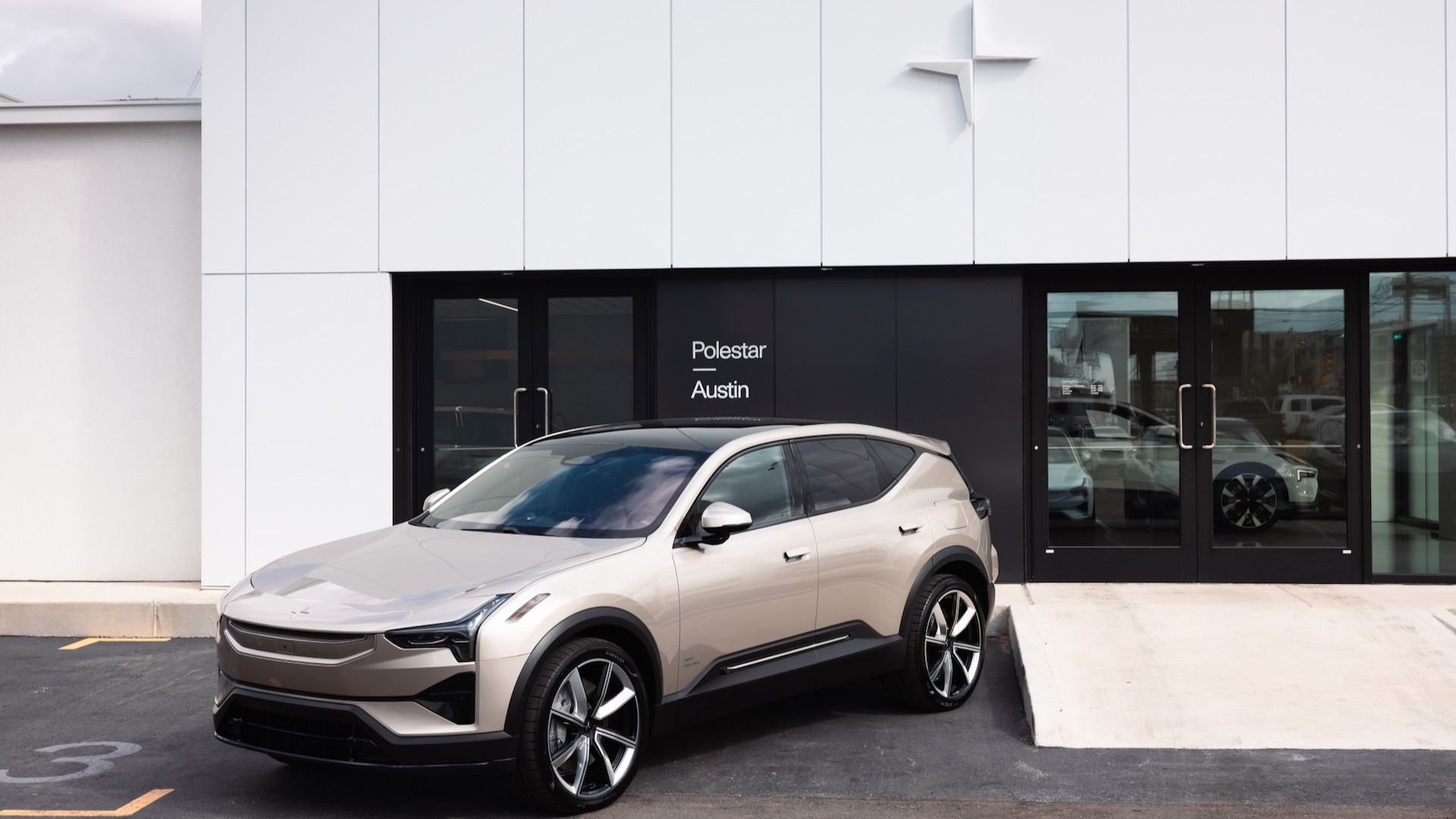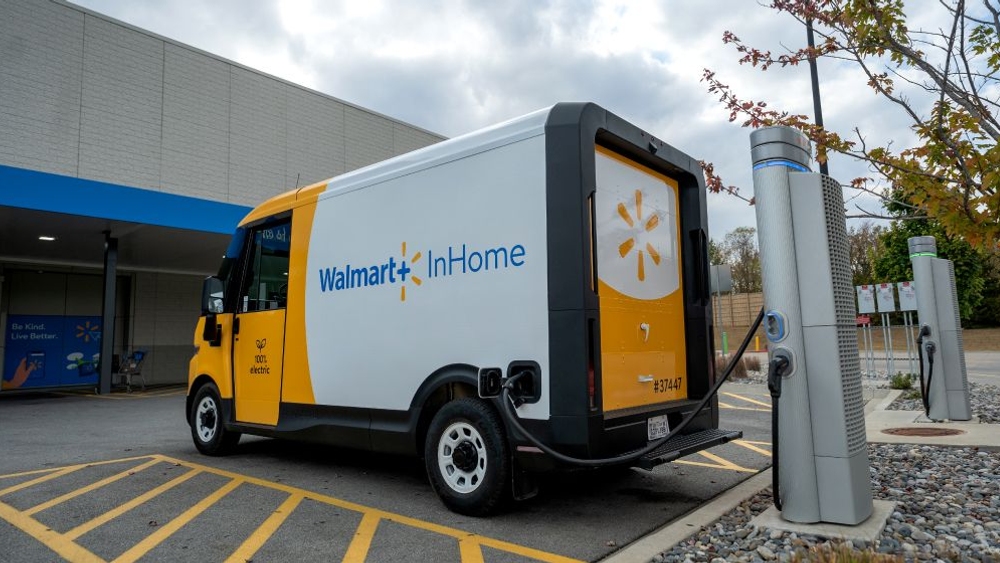It's the episode electric car enthusiasts have been itching to see- and now the guys at BBC motoring show Top Gear have tested two electric cars to see whether they make any sense for the car buying public.
Now we already know that Top Gear hasn't had the greatest history with electric cars. First, they tested the Tesla Roadster in December 2008 and their assessment resulted in Tesla filing a lawsuit back in March for the harm done to its reputation.
Then, amateur videos started appearing in May showing Jeremy Clarkson and James May drawing a crowd in the UK city of Lincoln searching for a place to charge their 2011 Nissan Leaf and 2012 Peugeot iOn, a close cousin of the 2012 Mitsubishi i sold in the U.S. Were the lads going to ridicule EVs again? Had they learned their lesson after the Tesla debacle? Would the episode be anything like the amusing Top Gear EV spoof that an All Cars Electric reader pointed us towards back in June?
As it turns out, the test wasn't as negative as we'd thought.
Driving the cars
Both the Nissan and the Peugeot drew initial praise. Clarkson said the Leaf felt like a normal car to drive, only without the sound you'd usually expect. "It just... hums" he noted, and the efforts Nissan had made to reduce noise such as the aerodynamic light clusters and quiet windshield wiper motors getting a mention.
May too seemed impressed by the car-like experience of the Peugeot. Although they remarked that neither is particularly fast, they felt comfortable driving them on the roads.
Peugeot iON Electric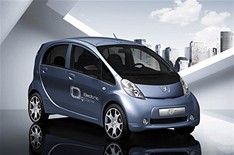
Any snide remarks or ridiculous assessments? Again, no. Both appreciated the Leaf's large trunk volume and the optional solar panel for accessories was lauded as a clever idea. They even described the iOn as "like a Porsche 911"... though they were only talking about the motor's rear-mounted position. Clarkson even hinted that electric cars are becoming "cool", and described himself and his colleagues as dinosaurs for lusting after gasoline-fuelled vehicles.
Neither car was without criticism though. Both described the prices as too high, especially the Mitsubishi-based Peugeot, which costs £3,000 ($4,900) more than the Leaf in the UK, for considerably less car and with poor equipment levels.
What did they think about the range?
With the iOn on 19 miles and the Leaf on 14, they drove into Lincoln in search of a charging point. We know that the cars had been deliberately driven to reduce their charge before the journey began, "to inject suspense into the mission of finding a public charge spot". Clarkson noted the Leaf's estimated 11-hour charge time displayed on the Leaf's instrument panel, which then increased to 13 as his car eventually ran out of power. Local students helped push the car to the university where finally both cars were put on charge.
Though the whole scenario was clearly staged and far beyond the experience most owners would have, neither were the cars ridiculed in the way you may have been expecting. Not openly, at least - we suspect many EV owners will feel the whole scene was a little too close to Top Gear's assessment of the Tesla Roadster.
Top Gear Stage Another Electric Car Stunt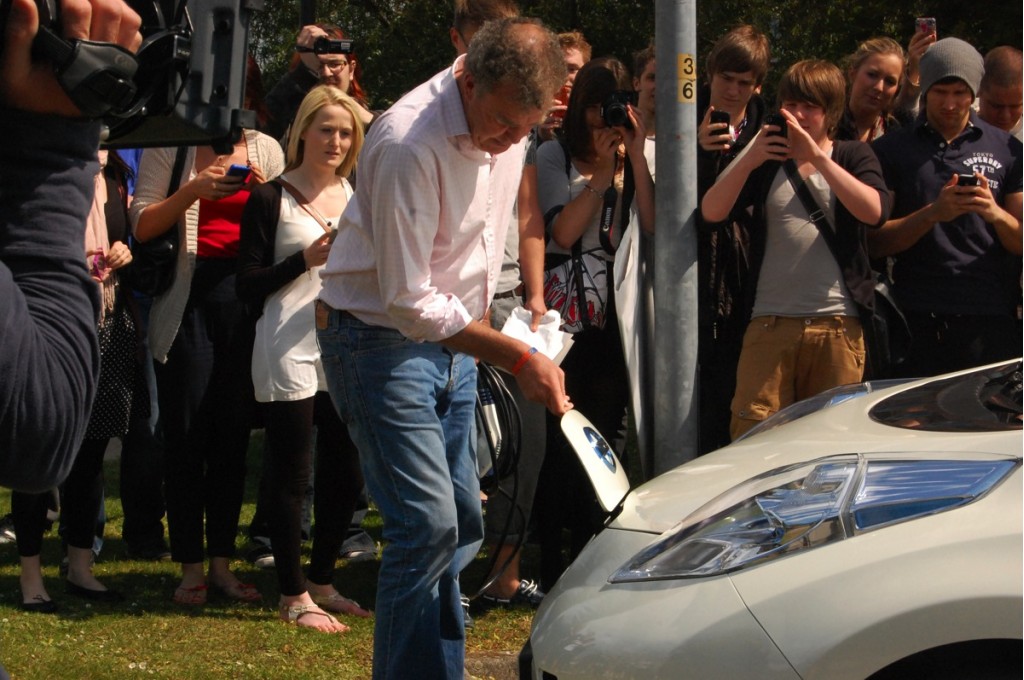
Here, the inaccuracies started creeping in. Clarkson mentioned that although Nissan dealerships have fast charging stations, repeated use could reduce battery life - quite true. He noted that the battery was expected to last ten years, but curiously added "but it could be as low as five years". We've not heard such a figure before so we're not sure where he got his information, but unless you really abused the battery, we'd be very surprised if it only lasted five years.
He then stated that charging at the university had cost £2.34 ($3.84), but if owners charged at peak times with certain companies, a 100-mile charge could cost £8.30 ($13.60), which would be the same cost as 100 miles of diesel for a Volkswagen Golf BlueMotion. Though this could be the case, it's still misleading as most EV charging is expected to be done overnight, on off-peak tariffs, and true cost for most owners will still be much cheaper than even the most economical diesel or hybrid.
Dodgems
Top Gear wouldn't be Top Gear without a little silliness of course.
The cars' final destination was a stop at a fairground dodgem ride. Why end here? Well, according to both Clarkson and May, what the EV network really needs is the road network to be shrouded in electrified chicken wire, with all EVs taking their current from the grid above like a giant dodgem ride...
Mixed messages
Both cars came out of the test relatively well, even if there was still a negative subtext to electric cars as a whole. Clarkson described the Leaf as "comfortable, quiet and very well-made", and if there were any criticisms they were aimed at current technology, rather than the cars themselves. Clarkson didn't see pure EVs as the answer, and May described battery technology as "rubbish", again suggesting that hydrogen was the real answer.
Although there were clearly some inaccuracies in the piece, neither Clarkson nor may seemed to show any irrational hatred towards electric cars, but with an audience as large as Top Gear's, the underlying cynicism is still a message that will resonate with all Top Gear fans. They may have described electric cars as cool, but the test is unlikely to have changed the opinions of most viewers.

